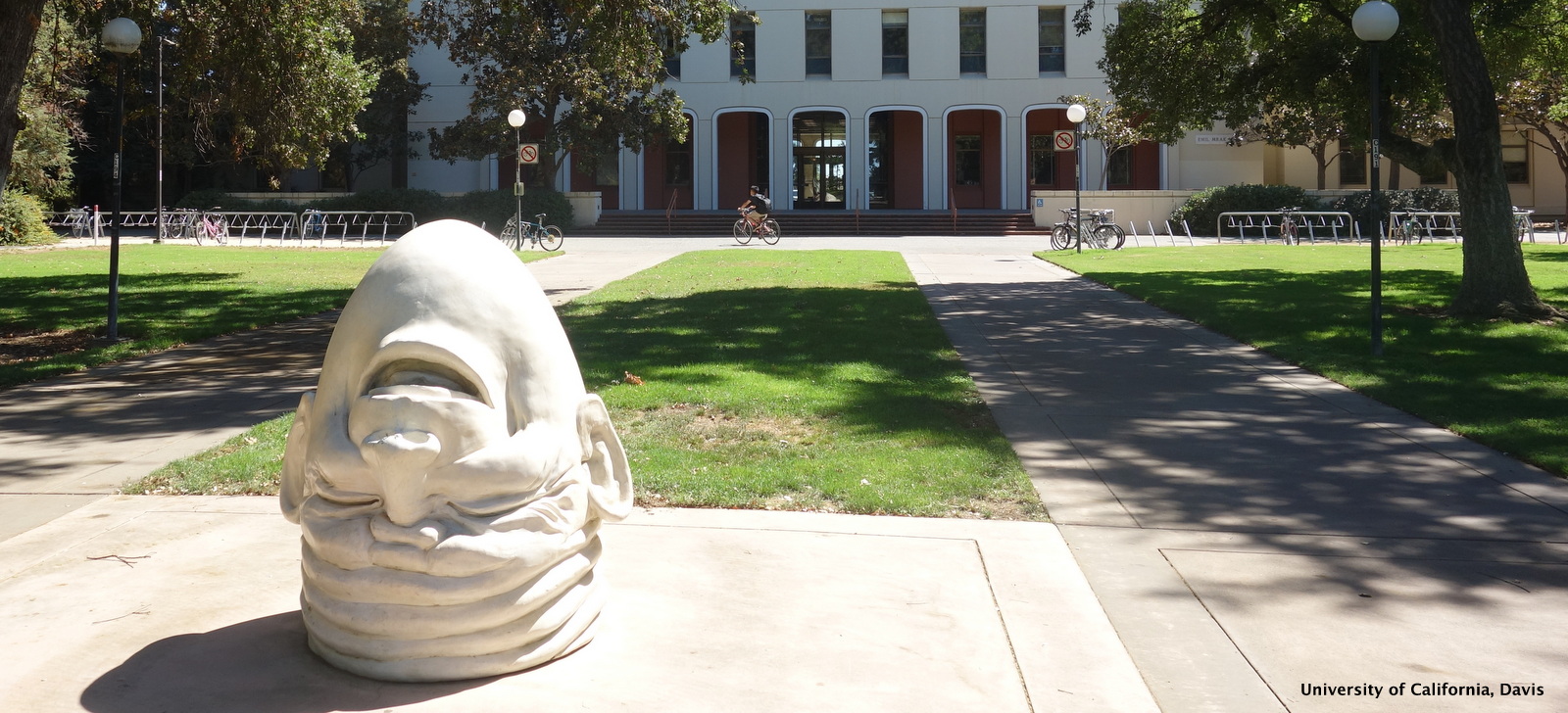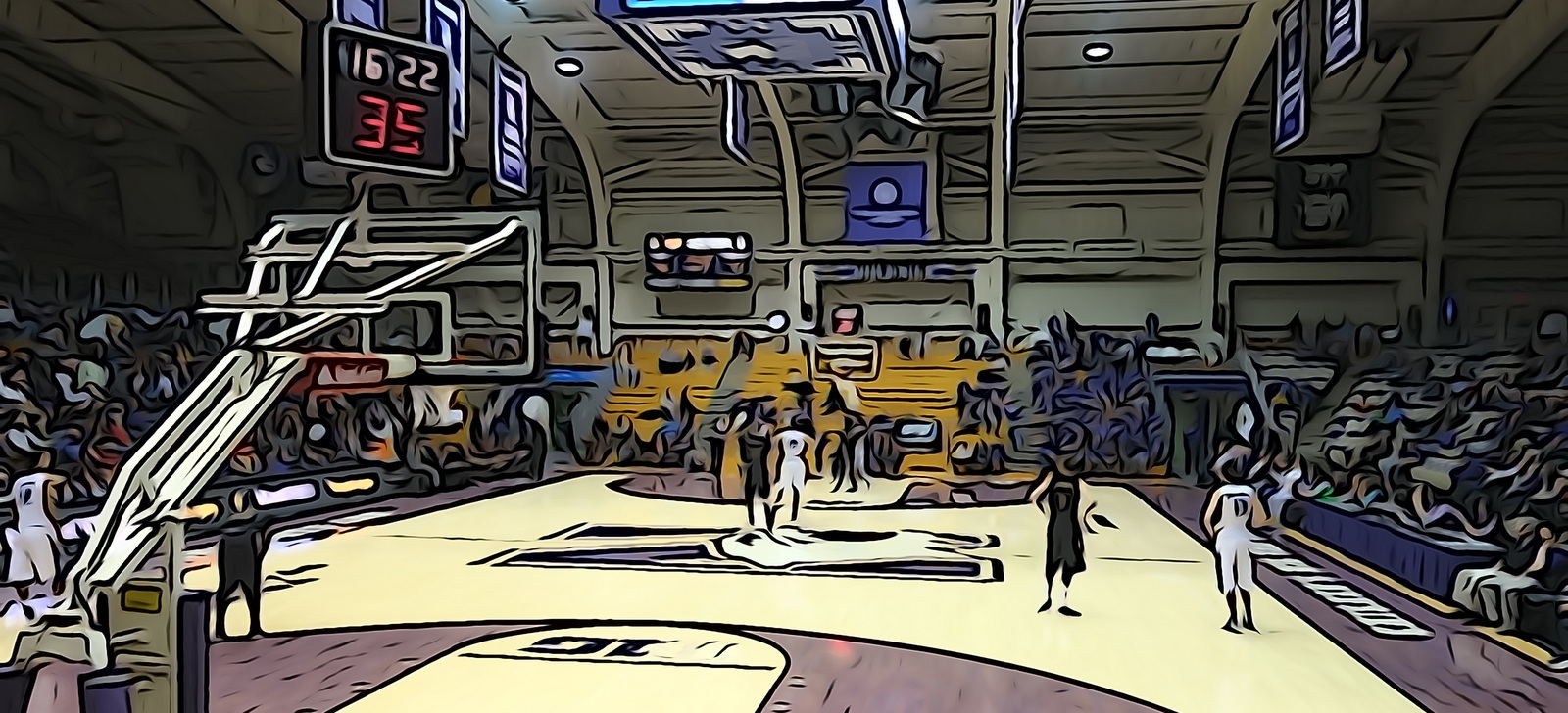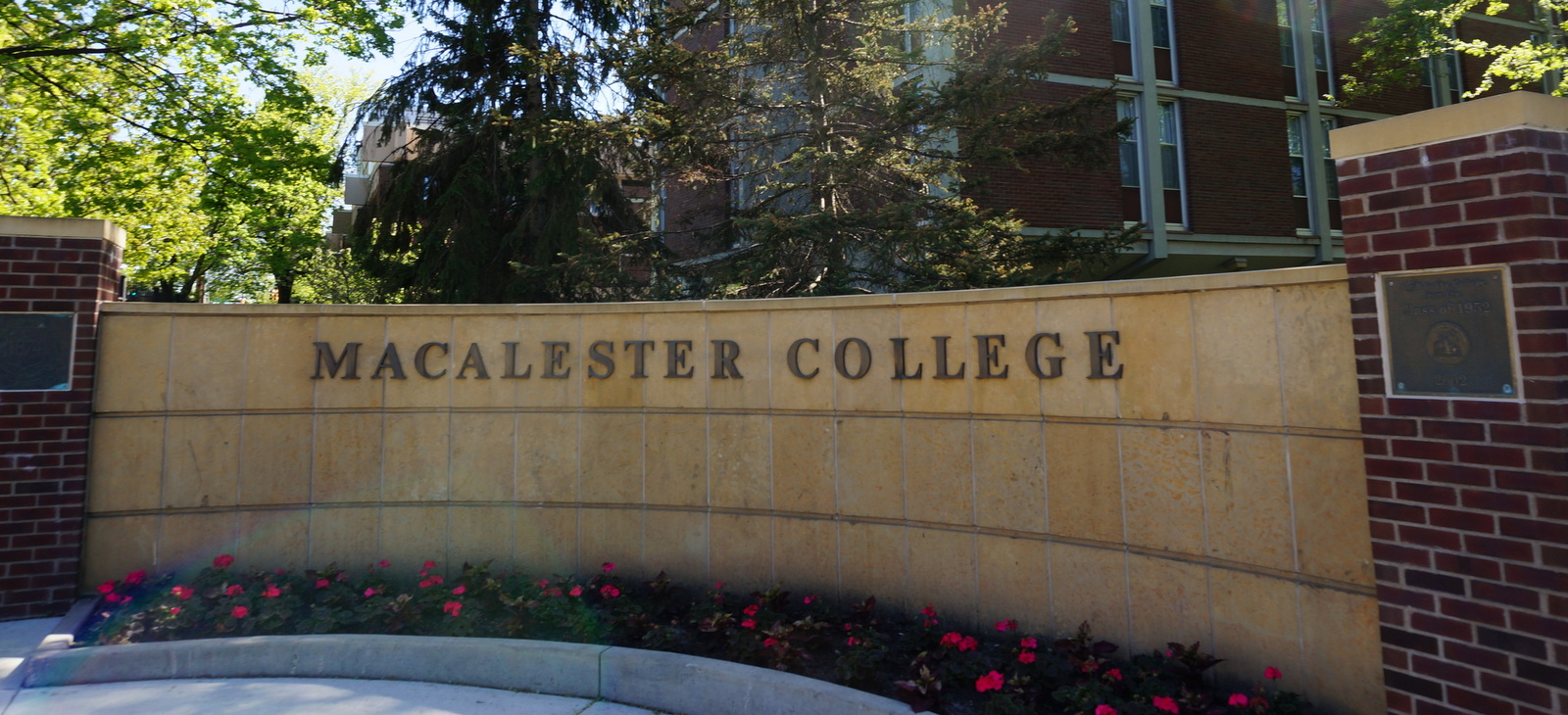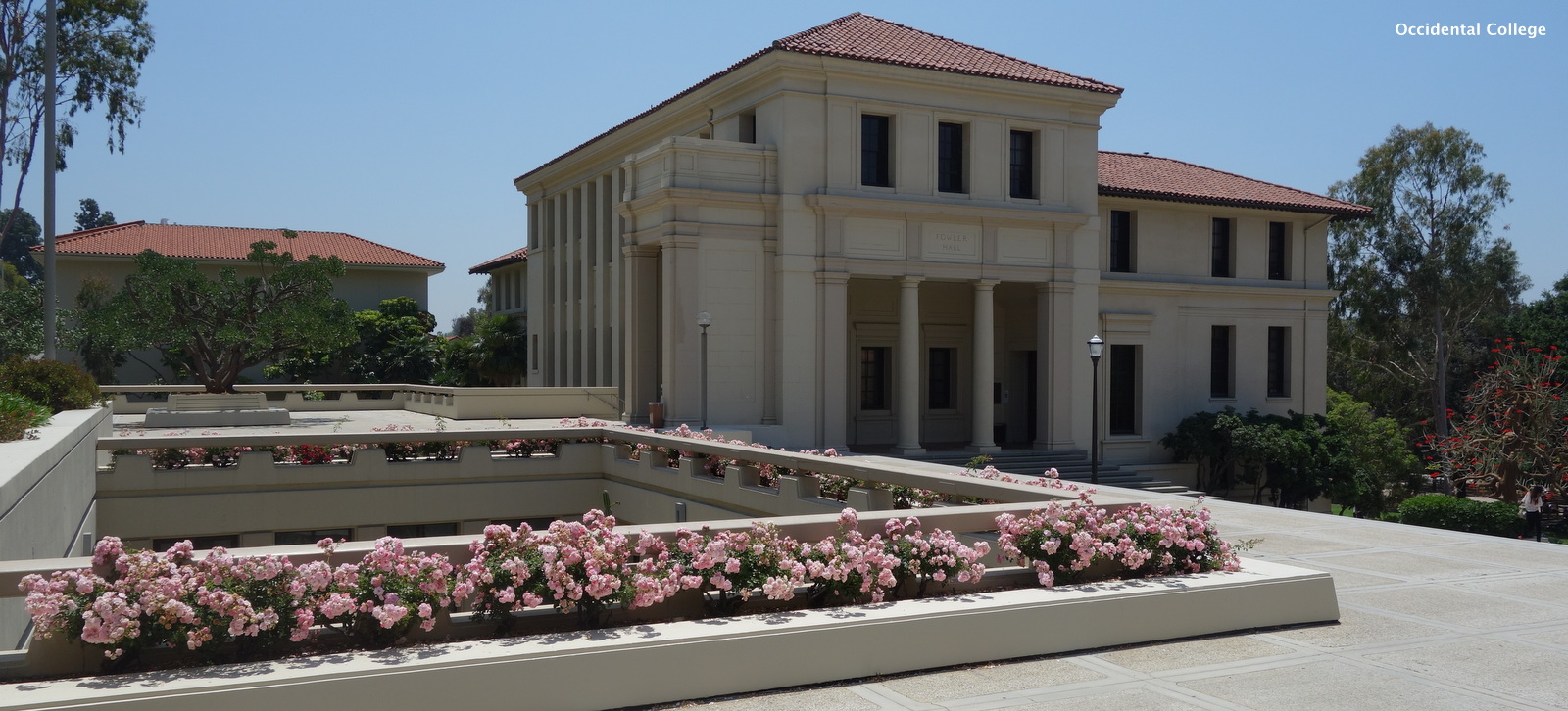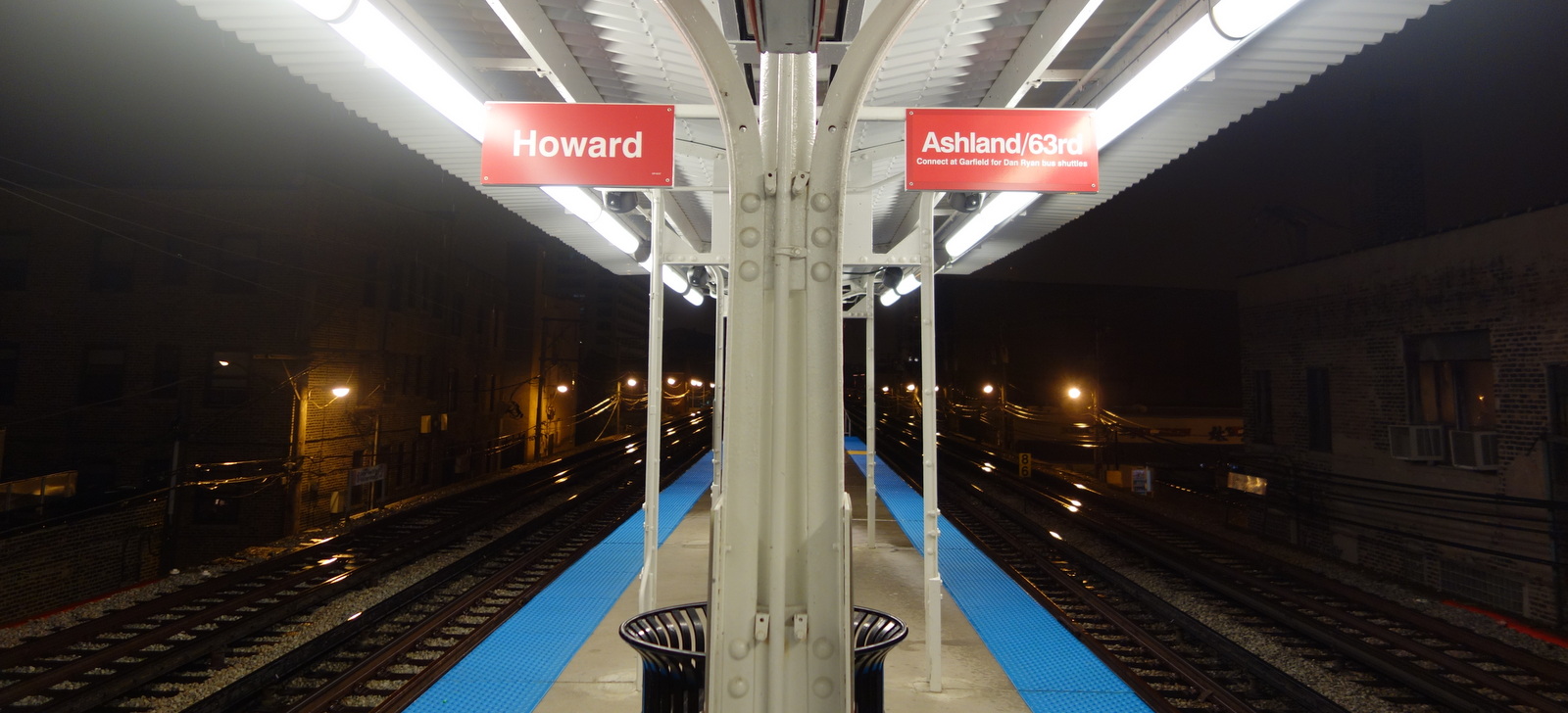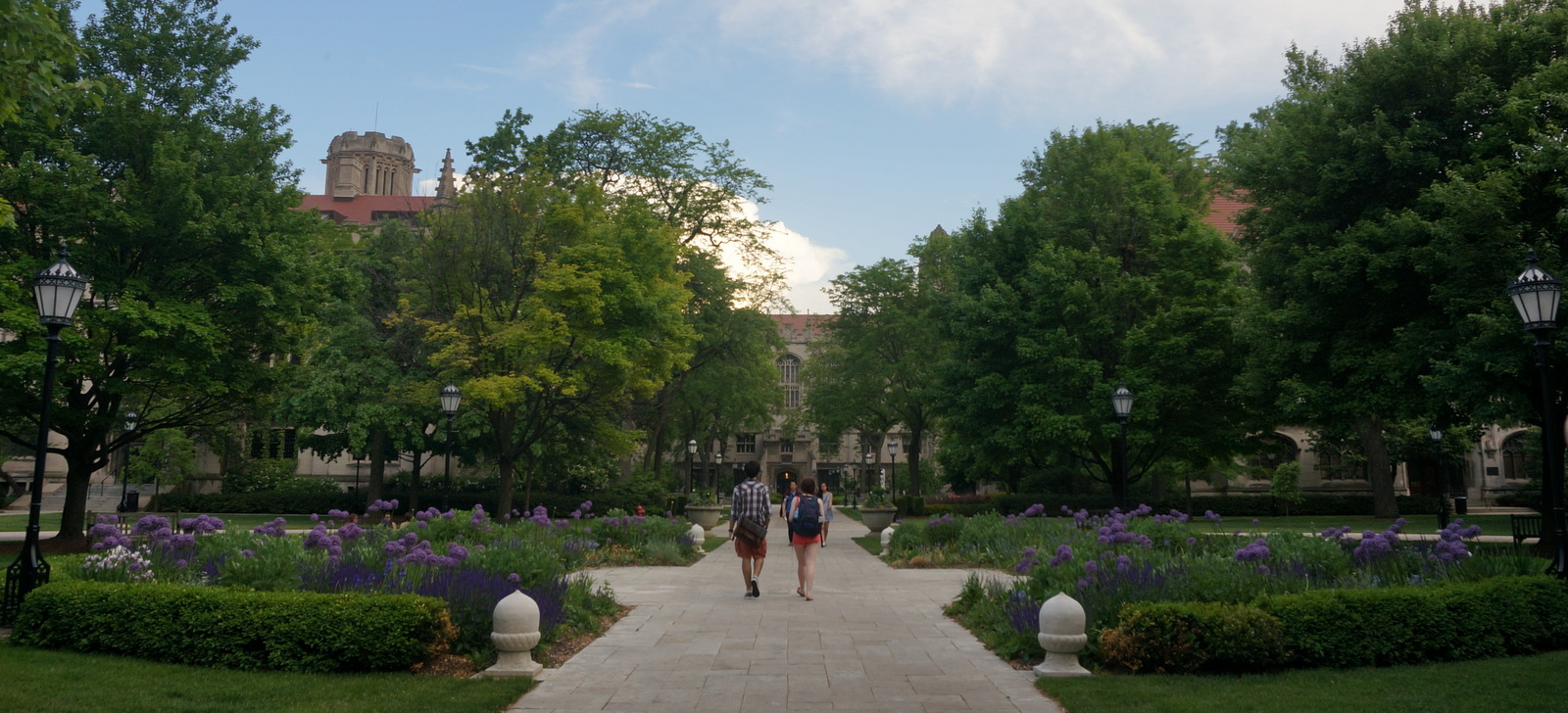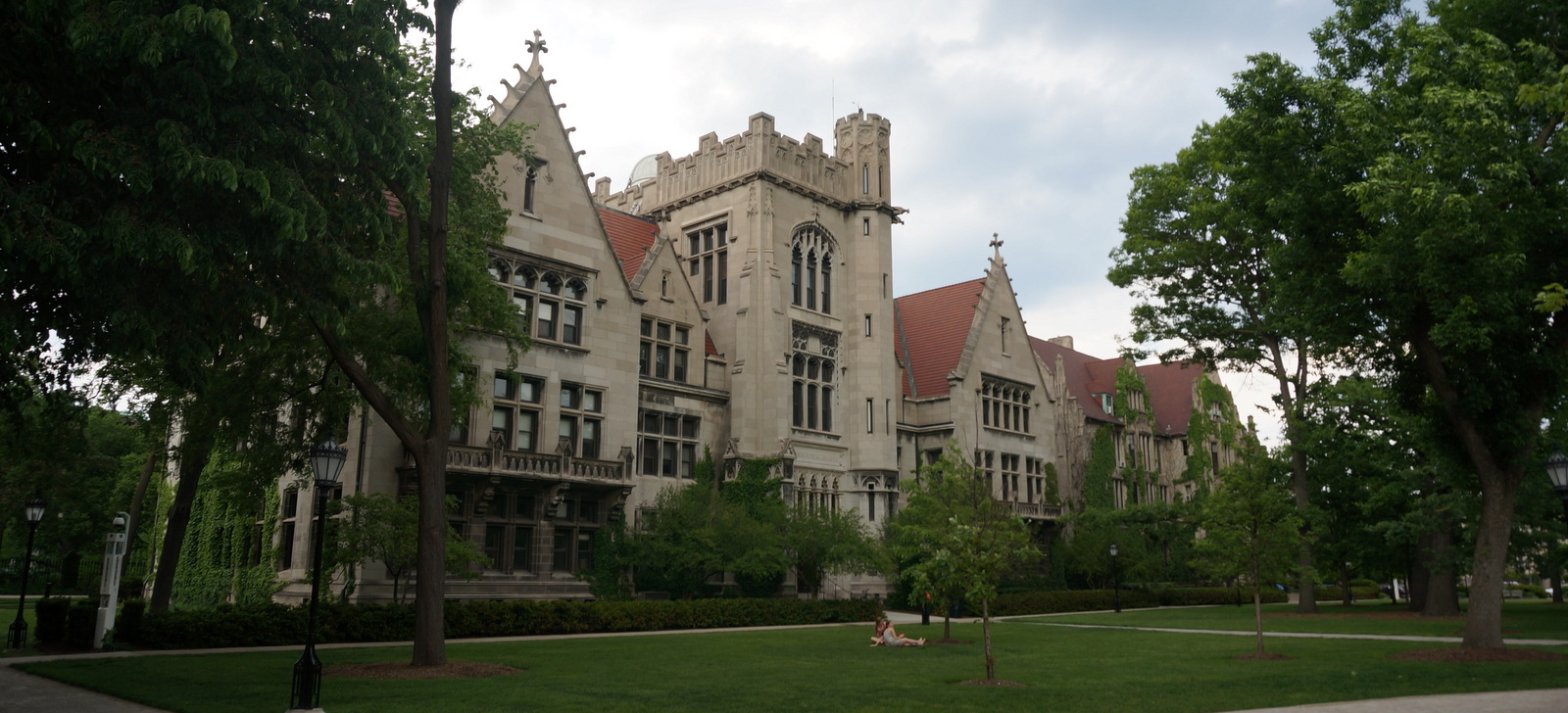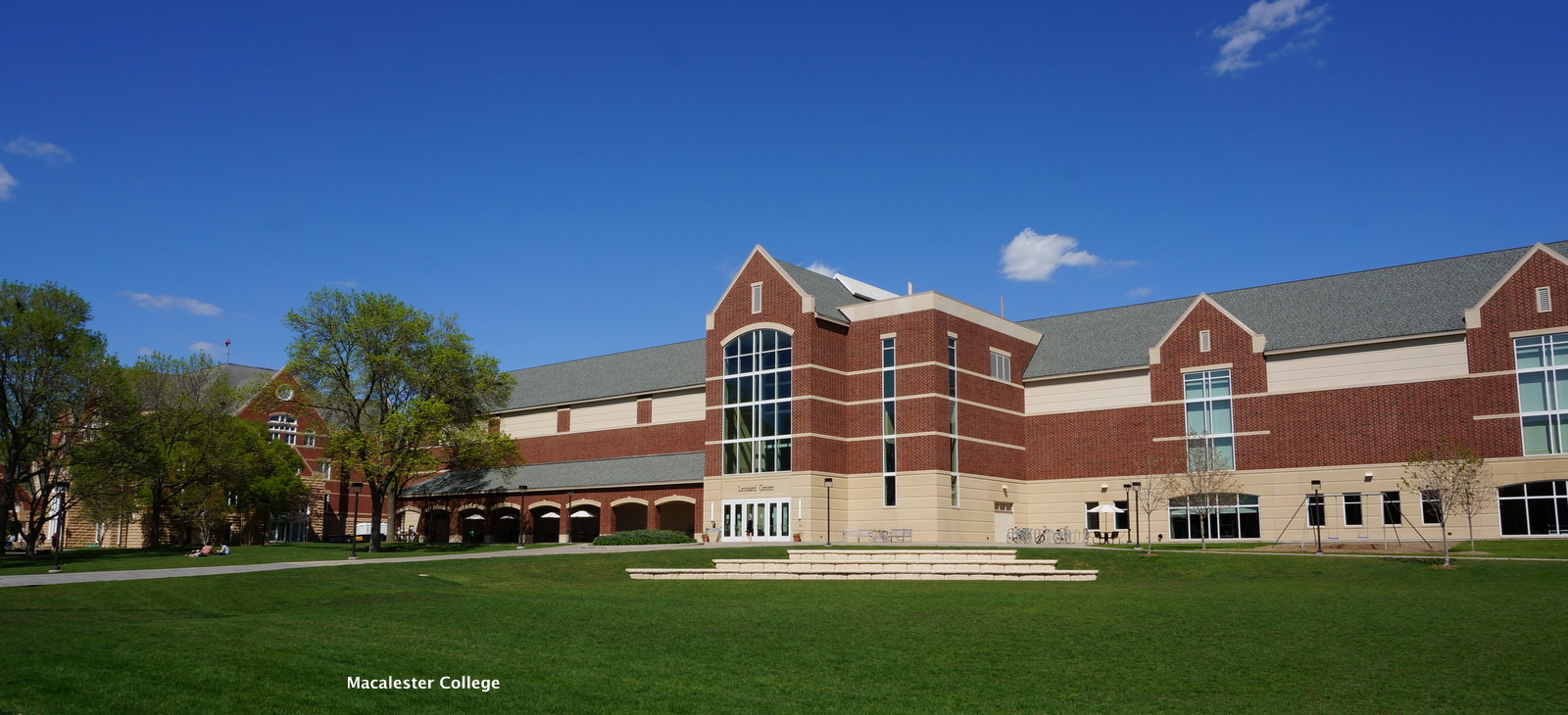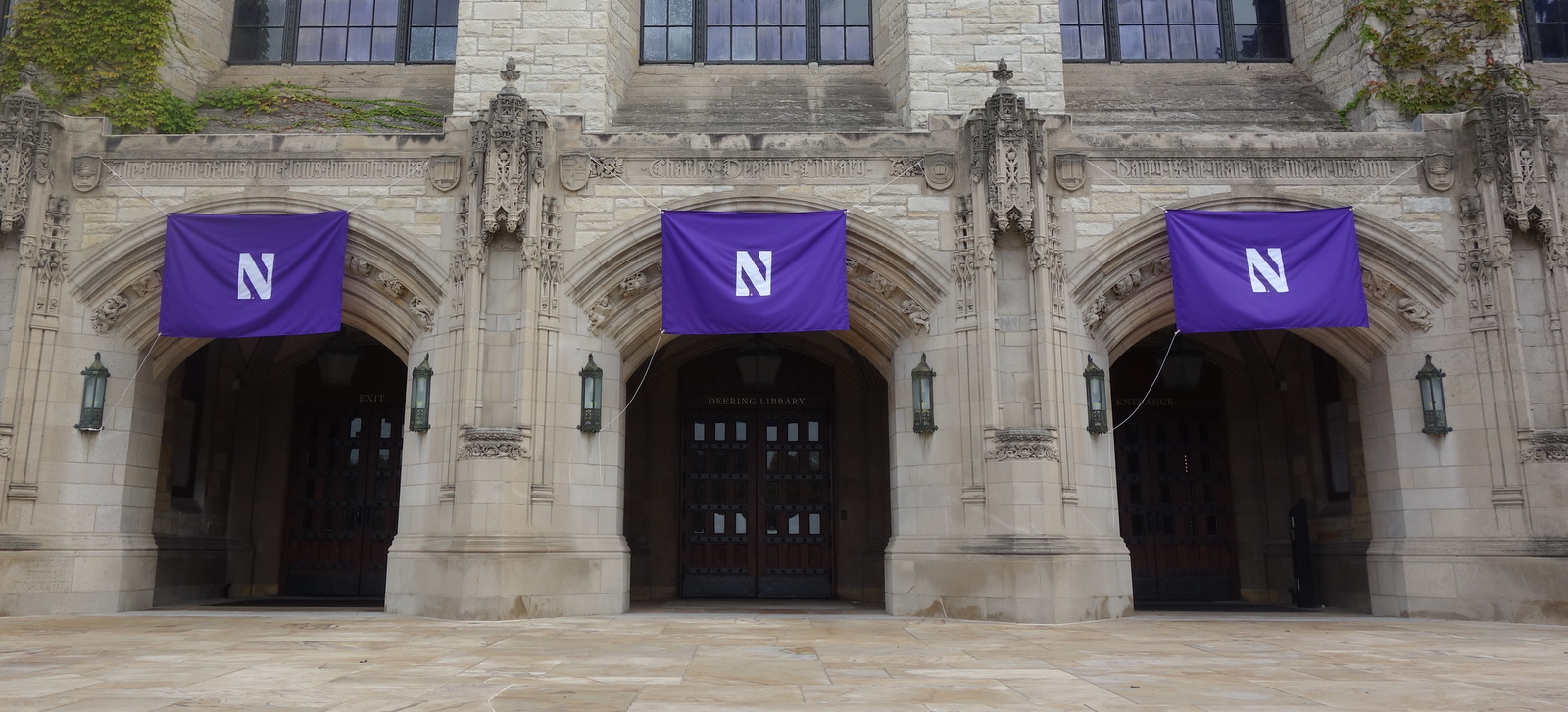“Safety” Schools
My sister’s an enormous fan of the TV Series Supernatural, and she recently shared with me a scene from the premiere of season eight. A college student briefly regains control of her mind from a possessing demon (you really just have to watch the show). She turns to her boyfriend, confused, and asks, “Kevin… what’s going on?”
Kevin offers the horrifying, two-part answer, “There’s a demon in you, and you’re going to your safety school.”
Without question, the latter of these revelations is the more insomnia inducing for almost any high school student with whom I speak. While college app season is unfortunately stressful for many applicants, any brief respite they occasionally find often comes in the form of envisioning themselves at their dream school.
- “I’m in love with the cooperative, quirky, happy vibe of Brown.”
- “A campus-dominating scavenger hunt? I HAVE to go to UChicago.”
- “Columbia’s NYC location and Ivy League membership make it really my only choice.”
But let’s be real. Those schools (and around twenty more) reject almost everyone. Literally. Almost everyone who applies is wonderfully talented and accomplished, and there simply isn’t space. So in most cases, the dream school never becomes more than exactly that, and the result is too often disappointed students, whose start at their safety school is accompanied by a twinge of bitterness.
It shouldn’t be like that.
And I don’t mean this in some naïve, idealistic sense. Quite literally, regardless of your high school profile and ultimate goals, there is a safety school that you will love and will more than ably set you up for success. In fact, there are multiple.
When I do college planning with students, I always emphasize this point – never, EVER, apply to a school you don’t love. It’s easy to fall in love with the “reach” schools – just the pride attached to having a tangible connection to a brand that graces those low digits in US News’ annual hierarchy is enough to get many students (and their parents) excited. But choosing safety schools is the more important part of college selection. The primary stress that accompanies college admissions is the uncertainty, and the worry that ending up at your safety school will lead to a life of failure, or at least one less glamorous than the dream school would have provided. Again, this simply isn’t true.
If your goal is fiscal success, simply look to PayScale’s annual ranking. Any high school student even considering a school like Columbia will find a safety school in the top 5 and a great many ranked ahead of Columbia itself (which comes in at 54).
If your goal is intellectual development and international recognition, look at the alma maters of the last twenty-five Nobel Laureates in Medicine and Chemistry. The list includes the University of Dayton, Rollins College, Ohio Wesleyan University, Hope College (one of my safety schools as a high school applicant in the 90s), the University of Nebraska, Augsburg College, Antioch College, DePauw University, Gettysburg College, and many more that are undeniably strong schools and would be undeniably safe for anyone with even an outside chance at Columbia.
What if my self-worth will be abysmal if I don’t have an Ivy League brand attached to my resume somewhere? Well, undergrad is not the end of your journey, and check out the list of schools that sent their graduates to Harvard Business School’s MBA program. And as long as Columbia is the focus of our conversation, if you’re interested in engineering, a 3-2 program that starts at one of these schools will get you to Columbia much more easily than will a direct application from high school.
Finding safety schools that you love requires hard work and learning, the type of hard work and learning that defines those students who are truly invested in their future. And it’s exactly those students with that sort of initiative, drive, and intention who go on to do great things, regardless of the brand of their undergraduate institution.
And for a bonus – safety schools are much more likely than reach schools to award merit aid, potentially making them a wiser financial investment.
